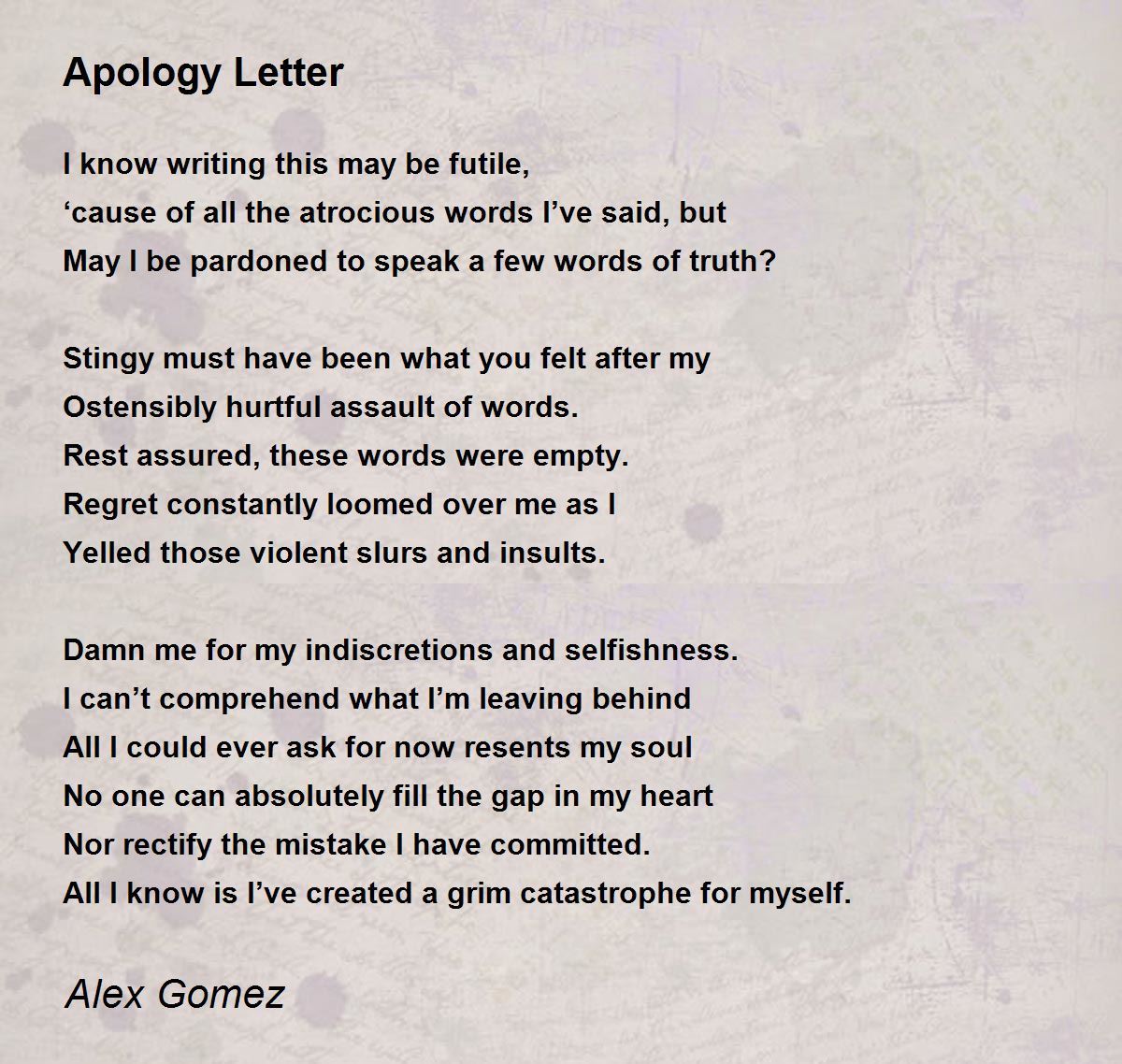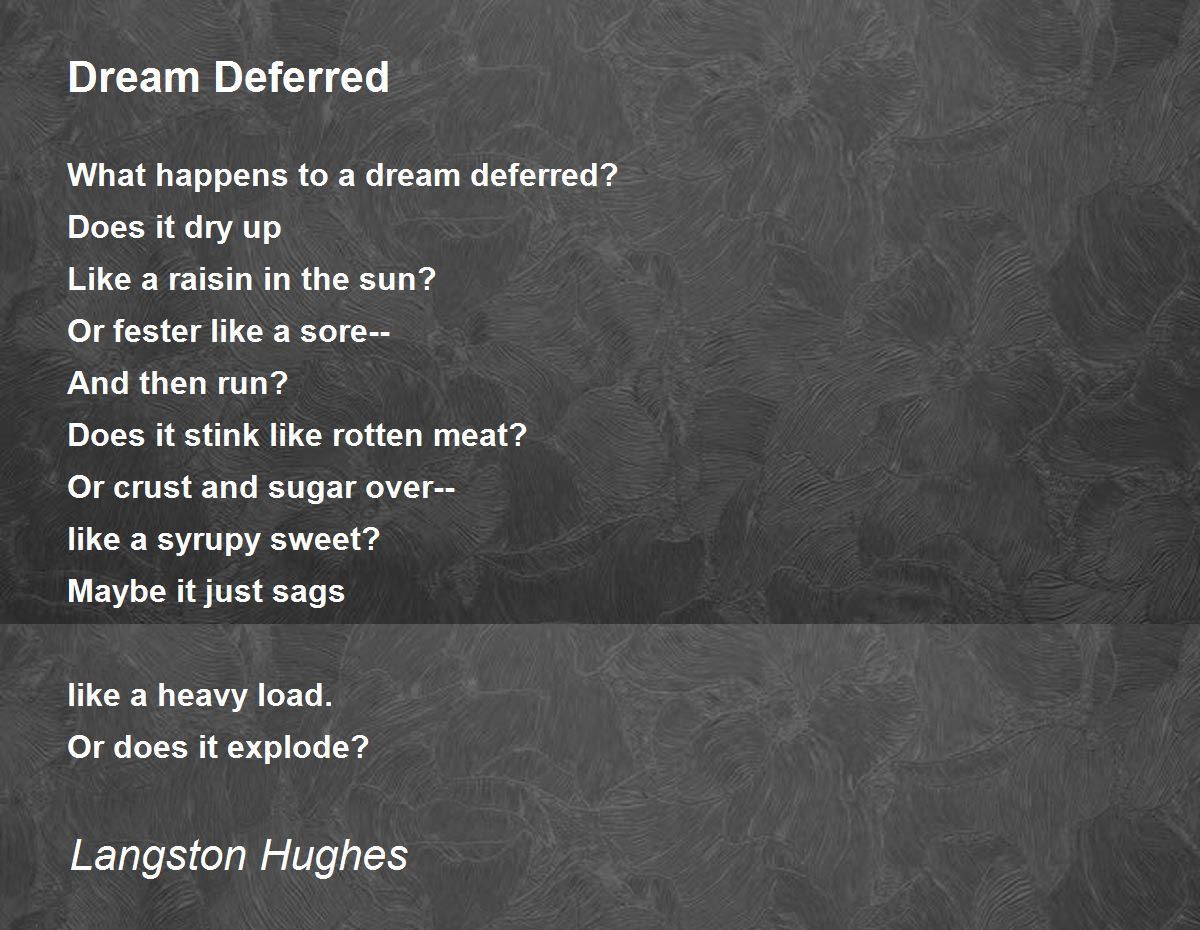-
Gallery of Images:

-
War broke: and now the Winter of the world With perishing great darkness closes in. The foul tornado, centred at Berlin, Is over all the width of Europe whirled. poetry, poems and poets crossword puzzles, word search and jigsaw puzzles, office humor, games and jokes Bible verses and literature Wilfred Owen, selected poems The poetry of Wilfred Owen text guide Wilfred Owen is now regarded as one of the premier English poets of the First World War and a. DLTK's Poems Wilfred Owen About the poet: Born: March 18, 1893 in Shropshire, UK. Died: November 4, 1918 in Canal, France. Owen was a soldier in the First World War and wrote about his experiences through poetry. Only five of his poems were published before. Wilfred Owen: Poems Wilfred Owen Wilfred Owen: Poems essays are academic essays for citation. These papers were written primarily by students and provide critical analysis of Wilfred Owen's poetry. This is a list of poems by Wilfred Owen. 1914 A New Heaven A Terre Anthem for Doomed Youth Apologia Pro Poemate Meo Arms and the Boy As Bronze may be much Beautified Asleep At a Calvary near the Ancre Beauty But I was Looking at the Permanent Stars Wilfred Owen Although he lived only 25 years, the British poet Wilfred Owen ( ) became one of the most well known of the War Poets, a school of English lyricists who wrote of their experiences and impressions during World War I [1. The Collected Poems Of Wilfred Owen Poetry by Wilfred Owen Wilfred Owens death in World War I was an irreparable loss to English poetry. His war poems, most of which were composed in a thirteenmonth period on the front line, have kept their originality and force through the past seventy years. Browse through Wilfred Owen's poems and quotes. Still I Rise, The Road Not Taken, If You Forget Me, Dreams, Annabel Lee. Wilfred Owen was born near Oswestry, Shropshire, where his father worked on the railway. The best poems of Wilfred Owen Previously, weve selected ten of the best poems about the First World War; but of all the English poets to write about that conflict, one name towers above the rest: Wilfred Owen ( ). Heres our pick of Wilfred Owens ten best poems. This is a brief lyric that Despite Wilfred Owen's prodigious writing, only five poems were ever published in his lifetime probably because of his strong antiwar sentiment, which. Despite Wilfred Owen's prodigious writing, only five poems were ever published in his lifetime probably because of his strong antiwar sentiment, which Futility by Wilfred Owen. Wilfred Owen's war poems central features include the wastage involved with war, horrors of war and the physical effects of war. These features are seen in the poems Dulce Et Decorum Est and Anthem for Doomed Youth here Owen engages with the reader appealing to the readers empathy that is. Wilfred Owen was born on 18th March 1893 in Oswestry, Britain Wilfred Owens War Poems Essay introduction. Wilfred Owen was a compassionate poet, his work provides the finest descriptions and critique of the soldiers experiences during World War 1. Here are 25 facts about Wilfred Owen: # 1 He was born in a house in Weston Lane, near Oswestry in Shropshire, on March 18, 1893. He was the eldest of four children. # 2 In 1903, he discovered his poetic gifts when he was ten years old when holidaying in Cheshire. He was raised as an Anglican of the. Wilfred Owen's War Poetry If Wilfred Owen's war poetry had one main aim, it would be to expose the old lie: that war is always a good and justified thing and that it is a good thing to die for one's country. : : i18n Check @genius for updates. Wilfred Owen was the greatest poet of the First World War, and his death in battle, a few days before Armistice, was a disastrous loss to English letters. This volume gathers together the poems for which he is best known, and which represent his most important contribution to poetry in the twentieth. Wilfred Owen: Poems Questions and Answers. The Question and Answer section for Wilfred Owen: Poems is a great resource to ask questions, find answers, and discuss the novel. The poems that made Wilfred Owen famous were mostly published after his death in action a week before the end of the First World War. Powerfully influenced by Keats and Shelley, he experimented with verse from childhood, but found his own voice after joining up in 1915 and serving as an officer in the later stages of the Battle of The Somme. In April 1917 he was blown into the air by a shell. The Dunsden poems exhibit the compassionate awareness so characteristic of Wilfred Owen's later war poetry, and the young poet found considerable material in. Wilfred Owen was born in Oswestry, a Shropshire town close to the Welsh border, on 18 March 1893. Intended first for the church, Owen finally decided at the age of 20 that literature meant more to him than evangelical religion. Wilfred Owen was an English poet born at Oswestry, Shropshire. Having been born in the period of, he was a statistic in what was regarded as the Lost Generation in which onethird. Wilfred Owen and Insensibility Insensibility is a complex poem written by Owen in response to the slaughter of troops he witnessed as an officer in the field during the first world war. It could also be seen as a counterweight to an earlier poem by William Wordsworth Character of. How does Wilfred Owen reveal his personal perspective in order to present a view on the challenges of life? Throughout his poetry, War Poems and Others, Wilfred Owen exposes his prominent opinion on the challenges of life and more specifically war. poems by wilfred owen For the preparation of this book thanks are primarily due to Miss Edith Sitwell. Thanks are also due to the Publisher of Wheels, and the Editors of The Athenum, The Nation, The Saturday Westminster Gazette and Coterie for permission to reprint some of the Poems. Wilfred Owen, who wrote some of the best British poetry on World War I, composed nearly all of his poems in slightly over a year, from August 1917 to September 1918. On March 18, 1893, Wilfred Edward Salter Owen was born in Shropshire, England. After the death of his grandfather in 1897, the family moved to Birkenhead, where Owen was. Wilfred Owen War Poems Essay Sample Owen presents an exclusively bleak view of human experience in WW1. Discuss Wilfred Owens collection of letters and poetry can be seen as incredibly insightful accounts of the experiences of war. , an officer of the Manchester Regiment, was killed in action on the Sambre Canal a week before the Armistice, aged 25. The twentythree poems of this collection are. Chatto Windus, 1994 War in literature 104 pages. 1 Review This selection of Wilfred Owen's war poems is being published partly to provide an ideal edition of the poems for schools, who essentially read the war poems and need a short, thorough edition. About Wilfred Owen Read Wilfred Owen best poems. Owen was a famous first world war english poet known for his war poetry on the horrors of trench and gas warfare. Among his bestknown poems most of which were published posthumously are Futility and Strange Meeting. Wilfred Owen is widely recognised as one of the foremost poets of the First World War, although at the time of his death in 1918 he was virtually unknown and only four of. A comprehensive anthology of poetry of the First World War. All the greatest war poems of Wilfred Owen and Siegfried Sassoon and war poems of over 70 other notable poets. All set in the context of the poets' lives and historical records. Wilfred Owen Poems essaysDemonstrate the way in which particular users of language or characteristics of style had significant impact in the texts you have studied. In the poems Anthem for doomed youth, Dulce et decorum est and Strange Meeting written by Wilfred On March 18, 1893, Wilfred Edward Salter Owen was born in Shropshire, England. After the death of his grandfather in 1897, the family moved to Birkenhead, where Owen was. Of all the poets of the First World War, Wilfred Owen most fires the imagination today. This biography is more than a simple account of his life the childhood spent in the backstreets of Birkenhead and Shrewsbury, the appalling months in the trenches it is a poet's enquiry into the workings of a. A comprehensive anthology of poetry of the First World War. All the greatest war poems of Wilfred Owen and Siegfried Sassoon and war poems of over 70 other notable poets. All set in the context of the poets' lives and historical records. 49 quotes from Wilfred Owen: ' Dulce Et Decorum Est Bent double, like old beggars under sacks, Knockkneed, coughing like hags, we cursed through sludge, Till on the haunting flares we turned our backs And towards our distant rest began to trudge. The Collected Poems of Wilfred Owen, edited with an introduction and notes by C. Day Lewis, Chatto and Windus, London, 1963 (with a memoir by Edmund Blunden, first published 1931) Wilfred OwenWar Poems and Others, edited with an introduction and notes. Wilfred Owen War, Flying, Enthusiasm, Active, Only I find purer philosophy in a Poem than in a Conclusion of Geometry, a chemical analysis, or a physical law. With an Introduction and Notes by Owen Knowles, University of Hull. In his draft Preface, Wilfred Owen includes his wellknown statement 'My subject is War, and the pity of War. Wilfred Owen, who wrote some of the best British poetry on World War I, composed nearly all of his poems in slightly over a year, from August 1917 to September 1918. Regarded as the greatest of First World War poets, Wilfred Owen was virtually unknown at the time of his death, yet our collective vision of the hell of the Western Front has largely been shaped. Surrounded by their dead, bombarded day and night, Insensibility is one of Owens most judgemental poems. In it, Owen launches his vitriol fullblast at the people who are to blame for this war, the people that he himself believes are. Budging the sluggard ripples of the Somme, A barge round old Crisy slowly slewed. Softly her engines down the current screwed, And chuckled softly with contented hum. Poems (Wilfred Owen) by Nathan SuhrSytsma Born in 1893 in Oswestry, England, near the Welsh border, Wilfred Owen was killed in battle on Nov. 4, 1918, a week before the First World War ended. By late 1917 the enthusiasm and sense of noble sacrifice that typified earlier trench poems had given way to fatalism, anger, and despair. Wilfred Owen was an experienced, if unpublished, English poet when the war began, but his personal However, most of them were published posthumously: Poems (1920), The Poems of Wilfred Owen (1931), The Collected Poems of Wilfred Owen (1963), The Complete Poems and Fragments (1983); fundamental in this last collection is the poem Soldier's Dream,.
-
Related Images:











